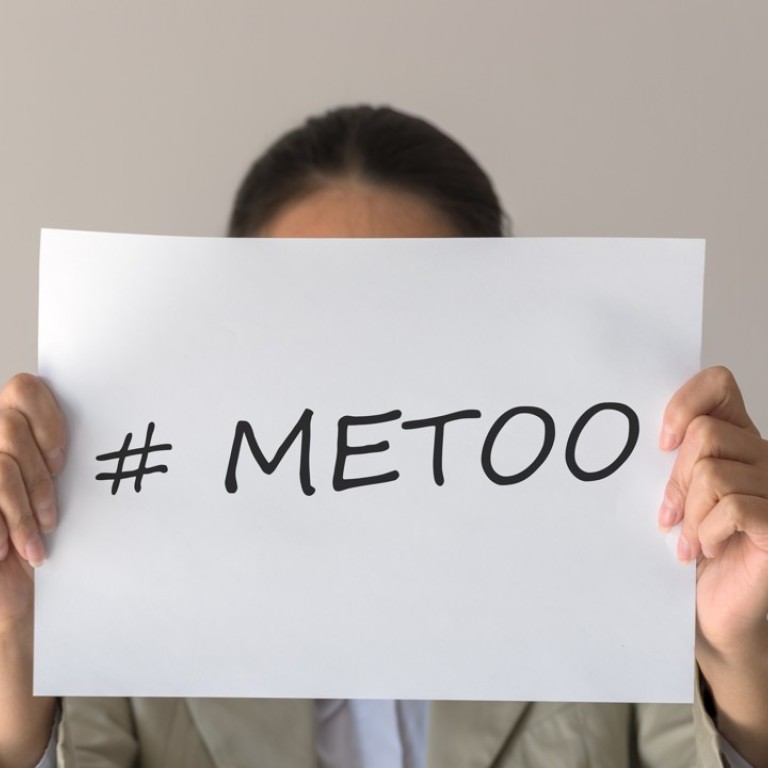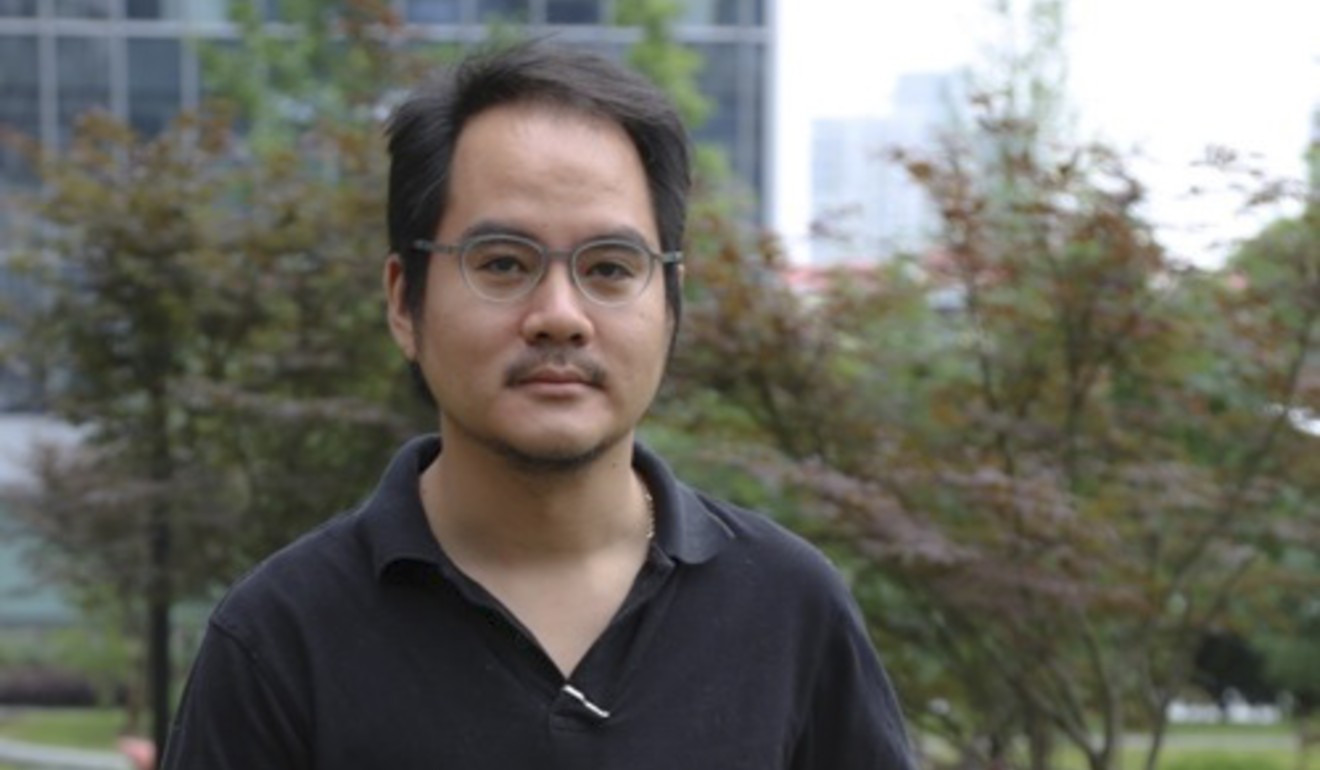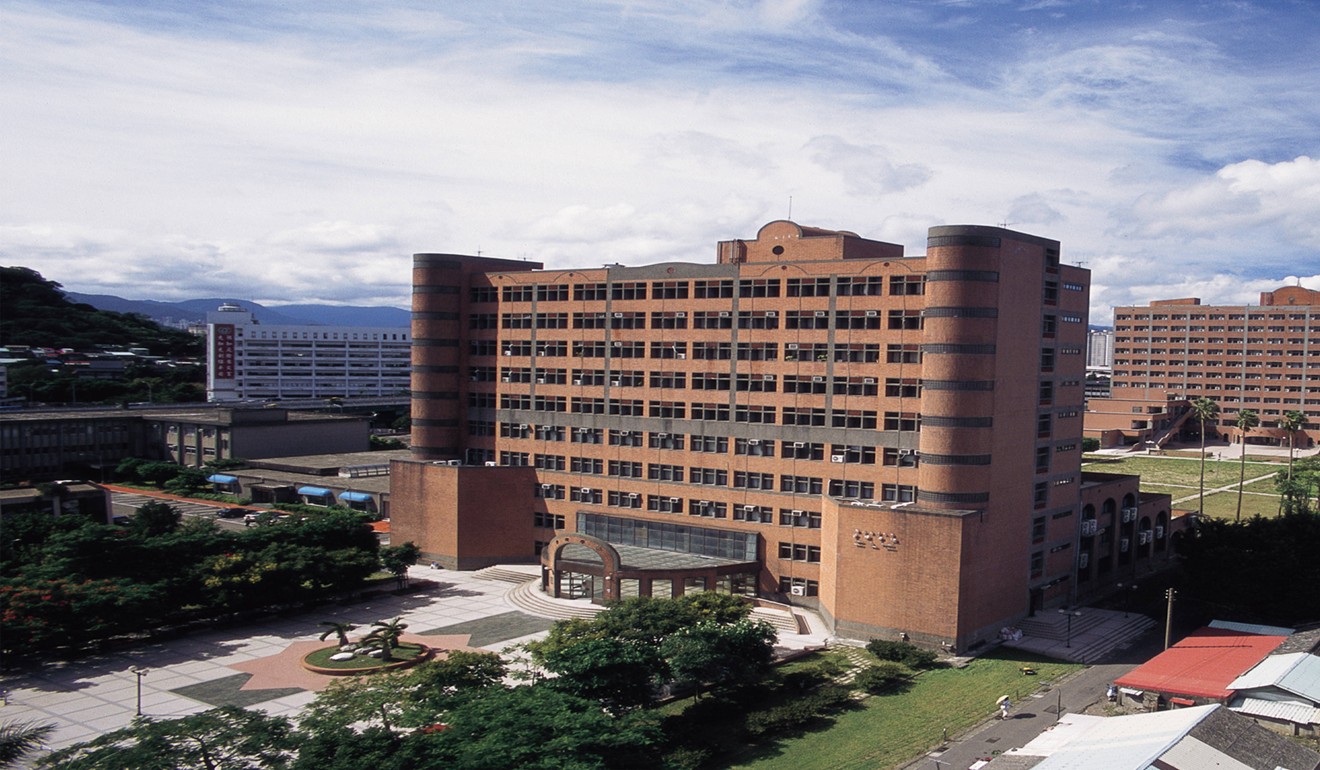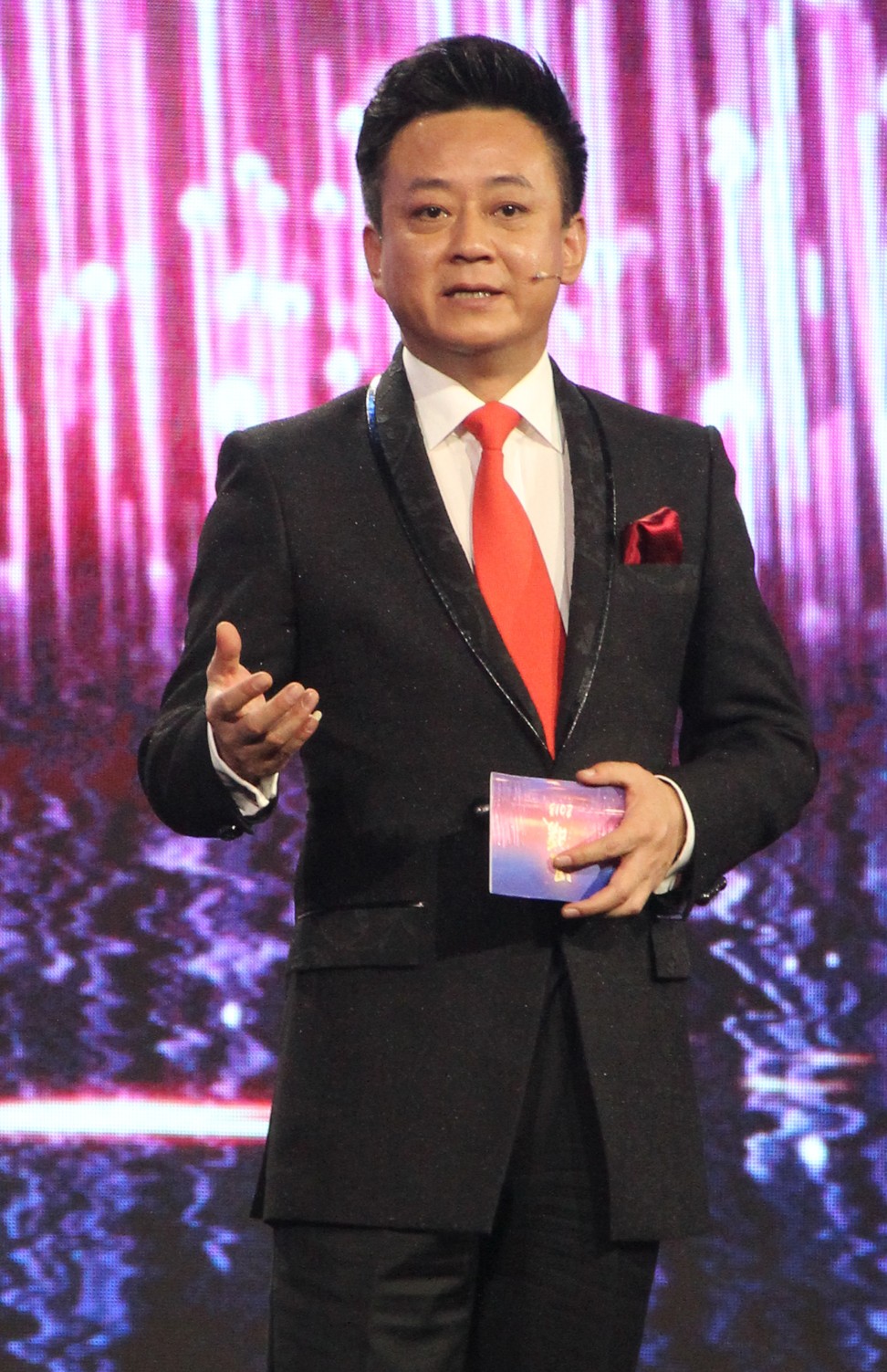
University lecturer’s career on hold while China #MeToo claims are investigated
Accused denies allegations after he is accidentally identified on Chinese social media, and says he is prepared to seek legal redress if necessary
A university lecturer with postings in China and Australia is at the centre of a number of accusations as part of the growing #MeToo movement and his new job is on hold while they are investigated.
Social media in China has exploded with home-grown allegations in the wake of a spate of sexual assault and harassment claims against high profile men in the United States.
The latest person to be accused in China is Non Arkaraprasertkul, a Harvard-trained anthropologist who has worked at the University of Sydney and New York University Shanghai – a joint venture between NYU and East China Normal University. He denies the claims.
One of his alleged victims is a Chinese woman who spoke to the South China Morning Post on condition of anonymity about an encounter she said occurred a year ago at the University of Sydney.
“Linda” was in the second semester of her graduate programme when she says she was invited to the office of Arkaraprasertkul, a former instructor, for a chat.
While there, she says, he said he had feelings for her and kissed her, despite her saying “no”.
“I was so shocked and confused. My brain stopped working. I instinctively pushed him and ran away,” Linda said.
Top Chinese Buddhist monk Xuecheng faces police investigation after #MeToo sexual harassment claims upheld
According to Linda, Arkaraprasertkul continued to harass her, calling and sending her messages, over the following days until she blocked him.
After failing exams and suffering depression for more than two months, she turned to the school’s counselling service for help, but did not reveal his name at that time, she said.
“He was still working at the university back then and I feared my accusation would lead to revenge,” Linda said. “Also, I had deleted the messages between us and couldn’t provide any audio or video [to support my accusation] since it had happened in the office.”

At least four other women have come forward with similar allegations since Arkaraprasertkul was inadvertently identified through an article in China’s Southern People Weekly which detailed the claims by an anonymous woman that her unnamed ex-boyfriend had abused her mentally and physically.
Based on information in the article, such as his educational background and teaching experience, the protagonist was identified by readers as Arkaraprasertkul, a Thai of Chinese origin who is known as Wang Guangliang in China.
In an email to the Post, he said he was “not mentally capable of physical violence”.
“I deny that I have ever used physical violence against anyone in the 36 years of my life,” he said, adding that he was preparing “hard evidence and data” to seek legal redress from the law if necessary.
So far none of those who have spoken out against Arkaraprasertkul after reading it, has received a lawyer’s letter, a member of a group of concerned scholars told the Post.
China's #MeToo revival: famed activists, tv host and writer named
She also confirmed to the Post that the unnamed man referred to in the article was Arkaraprasertkul.
Some of the accusers told the Post they had tried in vain to pursue justice through official channels.
A former colleague of Arkaraprasertkul at New York University Shanghai, where the latter taught from 2014-2016, said she and several other female colleagues had reported him to the school in February 2016 after hearing stories of sexual misconduct towards students.
The woman, who declined to be named, said the students had been encouraged to speak out, but some of them were fearful of it affecting their academic performance. Perhaps for this reason, she said, no feedback had been received from the school.
NYU Shanghai declined to disclose whether an investigation had been launched or how it had dealt with the accusations.
In a letter to students and staff sent at the start of the month and later seen by the Post, the university said it would not discuss specific cases “before the process has been completed, or in cases in which the complainant preferred not to initiate a formal process”.
In addition to postings at NYU Shanghai and the University of Sydney, Arkaraprasertkul started work as a visiting professor at Jagiellonian University’s Institute of the Middle and Far East, Poland, in January, according to his profile at Researchgate.net, a professional network for scientists and researchers.
Top Shanghai academic’s sacking the latest to be censored in China’s #MeToo saga
He was due to begin teaching at National Taiwan University’s Graduate Institute of Building and Planning this month but the institute confirmed to the Post last week that it had postponed the hiring after local media reported on the claims, prompting students to protest against his employment.
The university is investigating but it had not responded to the Post’s inquiry about progress.
“I respect and admire NTU’s decision and effort to investigate this particular case and will cooperate without any reservations to bring justice to the table,” Arkaraprasertkul told the Post.
Arkaraprasertkul is just one of a number of people, some of them well known, to be named on Chinese social media in response to the #MeToo movement.

Some of the alleged aggressors have hit back with legal action.
Zhu Jun, a state television anchor who late last month was accused of sexual assault, announced last week that he had sued a number of users on Weibo, China’s version of Twitter, for sharing the original anonymous post about the claims on the public platform.
A Beijing court had filed the case, he said via a lawyer’s letter issued on August 15.
Five days later, the accuser, who first came forward online on July 26 with a written allegation behind the pseudonym Xianzi, wrote on Weibo that she would testify in court to support those who shared her post.
“This video tells what I have been through, and I will try hard to prove it happened,” she wrote on Monday, publicly sharing a 13-minute video in which she detailed the incident.
While the accused had a right to defend themselves, difficulties in collecting evidence, inadequate laws against sexual misconduct and flaws in reporting mechanisms had often left victims at a disadvantage, observers said.
Lu Xiaoquan, a lawyer specialising in women’s rights from the Beijing-based Qianqian law firm, advised victims of sexual assault and harassment to actively collect evidence, including video, audio and text messages, to support their allegations. He also suggested they should work together with other accusers.
As #MeToo movement gains traction in China, professor is sacked 20 years after alleged rape
There is no specific law against sexual harassment which means complaints of it occurring in the workplace are treated as labour disputes. Similarly, someone assaulted in a public place must apply for personal injury compensation, according to Lu.
He said few victims would win a lawsuit and, even if they did, they would receive little compensation.
In Zhu’s case, “it’s very likely that he will win according to facts and evidence I have learned so far, and web users who have shared the posts should delete them, publicly apologise and pay a sum of compensation, though not large, if they lose,” he said.
According to a report in June on sexual harassment in the workplace by Beijing Yuanzhong Gender Development Centre, it was a major factor in only 34 cases out of the tens of millions of verdicts delivered by courts throughout the mainland between 2010 and 2017.
Of the 34, only five cases were initiated by the accuser, while 19 were brought by the accused. In three of these five cases, the plaintiff asked for compensation but only one was successful, the study showed.
Linda, the University of Sydney student, said that in many cases, sexual assault happened in private and each side might have his or her own version of events.
“Although the difficulty in getting evidence is a big obstacle in fighting sexual harassment at the moment, I hope the law protects victims,” she said.
The NYU Shanghai whistle-blower urged people to think more about improving anti-sexual harassment policies and creating a better environment for victims.
“People are still happy to see ‘the downfall of a pervert teacher’ instead of thinking about ‘what we can do next’,” she said.
“[The point of the matter] lies in the supervisory mechanism and the social environment. Underneath the victims’ reluctance to speak out is the distrust of the mechanism and an environment that is unfriendly to them.”


